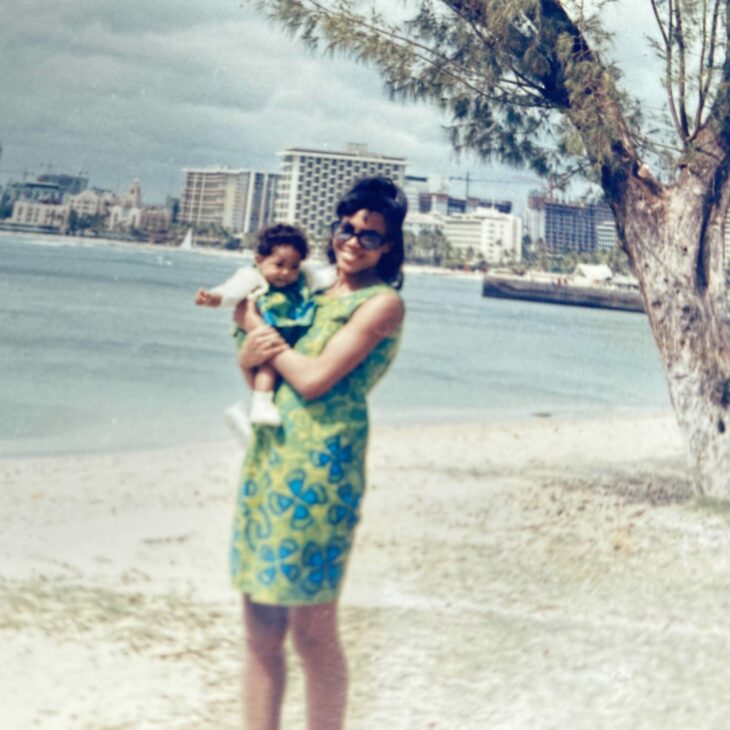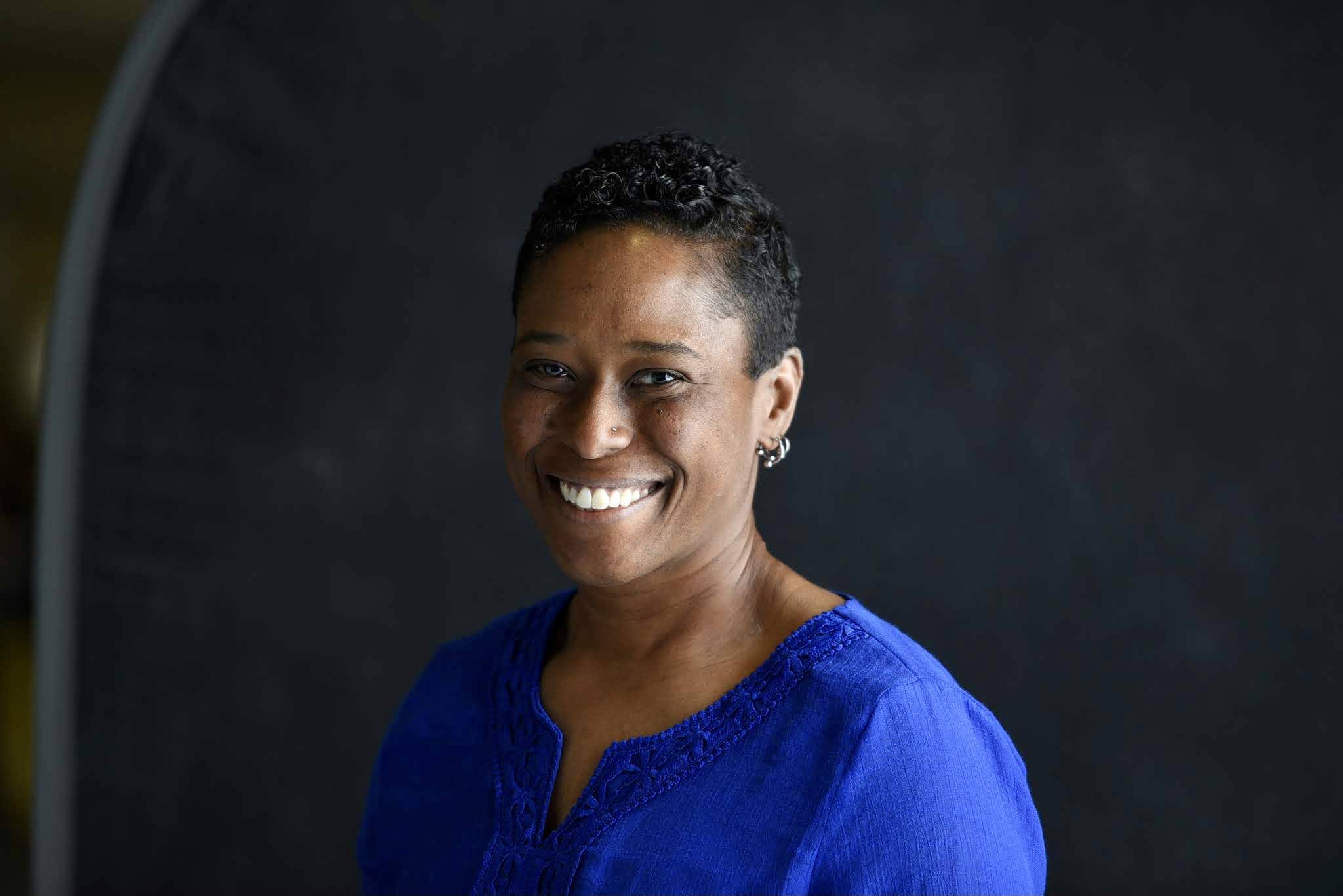Rabbi Sandra Lawson: The Souls in My Life
August 25, 2022

In the prayer book, Kol Haneshama, the official prayer book for Reconstructing Judaism, the introduction to the Mourner’s Kaddish (a prayer we say honoring those who have passed away) reads, “Much of our experience of divine goodness, grace and love has come to us through those whose lives have touched our own.” When I read this, I reflect on the gifts of love I have received from people who have left this earth.
As societies battled the Coronavirus, we have felt a great sense of loss. For many of us, that loss has meant the death of a loved one. Some of those deaths were from COVID and other deaths were not. As a rabbi, one question I often get is: Do I believe a person’s soul survives after the death of the body? And my answer is yes, I believe a person’s soul will continue to live on in our hearts and minds even after the body dies. I say that because the people who have touched us in some small way continue to live in our memories.
A few years ago, I learned that my old friend Richard had passed away. I had not seen Richard in person in about twenty-three years. Thanks to Facebook, we reconnected in 2008. Even though we reconnected on Facebook, I rarely saw any of his updates. One day, I was scrolling through Facebook, and Richard popped up in my news feed. He was in the hospital, and I learned he had cancer. I reached out to him on Facebook, and he seemed upbeat and determined to beat his cancer. I had no idea how sick he was because a few weeks later, I learned via Facebook that Richard had lost his battle with cancer and died.
As I stated earlier, I had not seen Richard in about twenty-three years. We had a falling out, and until he passed, I couldn’t remember what the falling out was about. Richard and I were both in our early 20s, in the Army, stationed at Fort McClellan, Alabama, and were both gay. This was long before it was fashionable to be gay or legal to be gay in the military. I often look back at that time in my life with such joy. Even though it was not acceptable or legal (remember, being gay in the military was a crime), gay service people formed close bonds with each other that helped us navigate being closeted.
When I learned that Richard had died, all those memories of our time together came rushing back. Memories that I had long forgotten. Those memories made me laugh, and cry. Richard and I were very tight in our early twenties, but we drifted apart, and time changes many things. Richard’s soul lives on, especially in my memories. During my studies at the Reconstructionist Rabbinical College, I learned the following from my teacher, Rabbi Jacob Staub, Ph.D.,
“If you believe in the existence of a soul that survives the death of the body, then it follows that you might want to communicate with a loved one and even ask her or him for advice, strength, or help.”
My memories of Richard not only consisted of our actual time together, but after I learned of his death, my memories also included conversations we never had. The more I thought about him, I also imagined what his life had been like since we last saw each other. I met Richard early in my military career when I felt very isolated and wondered if I would ever run into other gay people on Fort McClellan. Eventually, I met others, but Richard was one of the first. May Richard’s memory be a blessing.
My mother died in the summer of 2020 after a long, hard-fought battle with cancer. I believe the death of a parent is soul searching, and this question of our souls surviving resurfaced in my mind and caused me some serious personal reflection after my mother’s death. When my mother passed away, a woman I will admit was hard to love and very private, I barely knew anything about her childhood. I would have liked to have known more about her life after my parents divorced, but she kept everything to herself. Since her death, I have spent many days imagining conversations with her, seeking her advice, asking questions, and imagining a relationship we never had, but I always wished we did.
In Judaism, when someone dies, we don’t say rest in peace; instead, we say, “May their memory be for a blessing.” We say this because we understand that it is up to us to keep the memories of our loved ones alive and remember that “much of our experience of divine goodness, grace and love has come to us through those whose lives have touched our own.”
Share
Related Articles
Interfaith Inspiration
Running Thread: Thoughtful and Soulful Guides in Understanding Religious Diversity
Racial Equity
Racial Equity

Rabbi Sandra Lawson
Rabbi Sandra Lawson is the Inaugural Director of Racial Diversity Equity and Inclusion at Reconstructing Judaism. The 2018 graduate of the Reconstructionist Rabbinical College is known for tackling difficult questions surrounding Jews and race. In 2020, the Forward named Lawson to its “Forward 50,” proclaiming her a “truth-teller,” and the Center for American Progress named Lawson to its list of Faith Leaders to Watch in 2022. Lawson also holds Bachelor of Arts and Master of Arts degrees in sociology. She lives in North Carolina with her wife Susan and three “fur babies”: Izzy, Bridget, and Simon.



